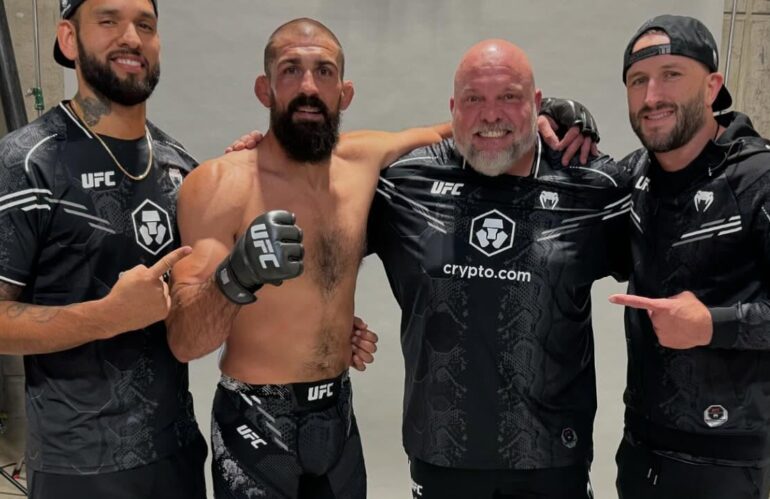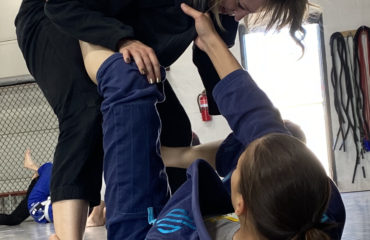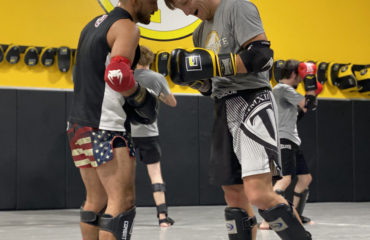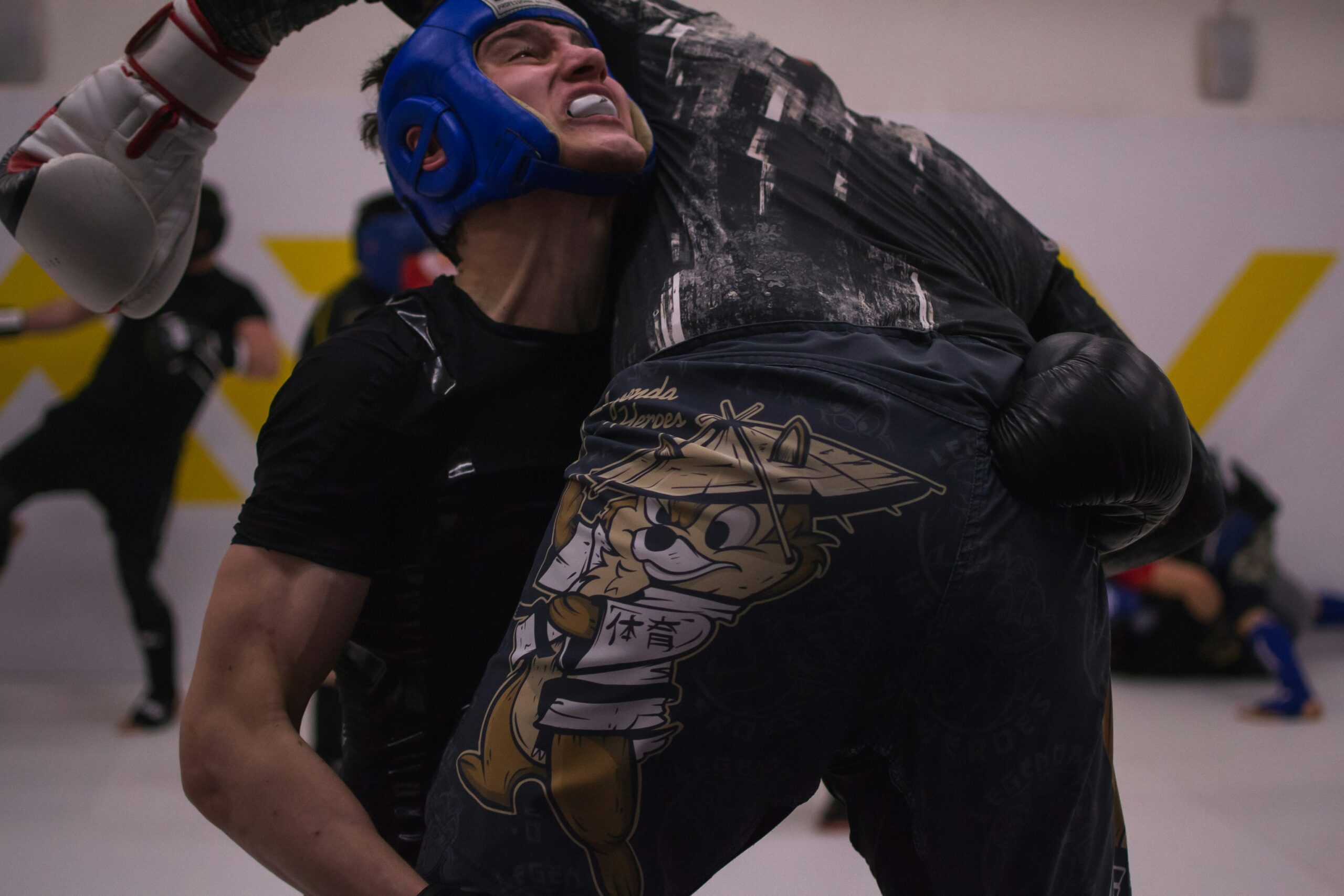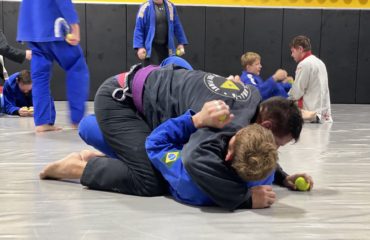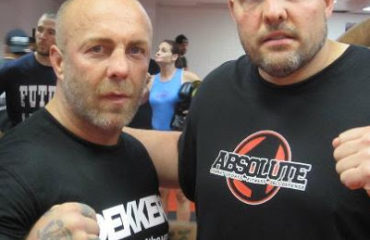Competing for the first time can feel intimidating. But it’s also one of the most rewarding steps in your Martial Arts journey. Nerves, excitement, and fear of failure are all normal and common emotions to experience.

The purpose of this guide is to break down everything you need to do to show up prepared to fight. We’re talking about being ready mentally, physically, and emotionally. Whether you train Brazilian Jiu Jitsu, Muay Thai, or MMA, this post will help you step onto the mat or into the cage with confidence.
Step 1: Talk to your coach early
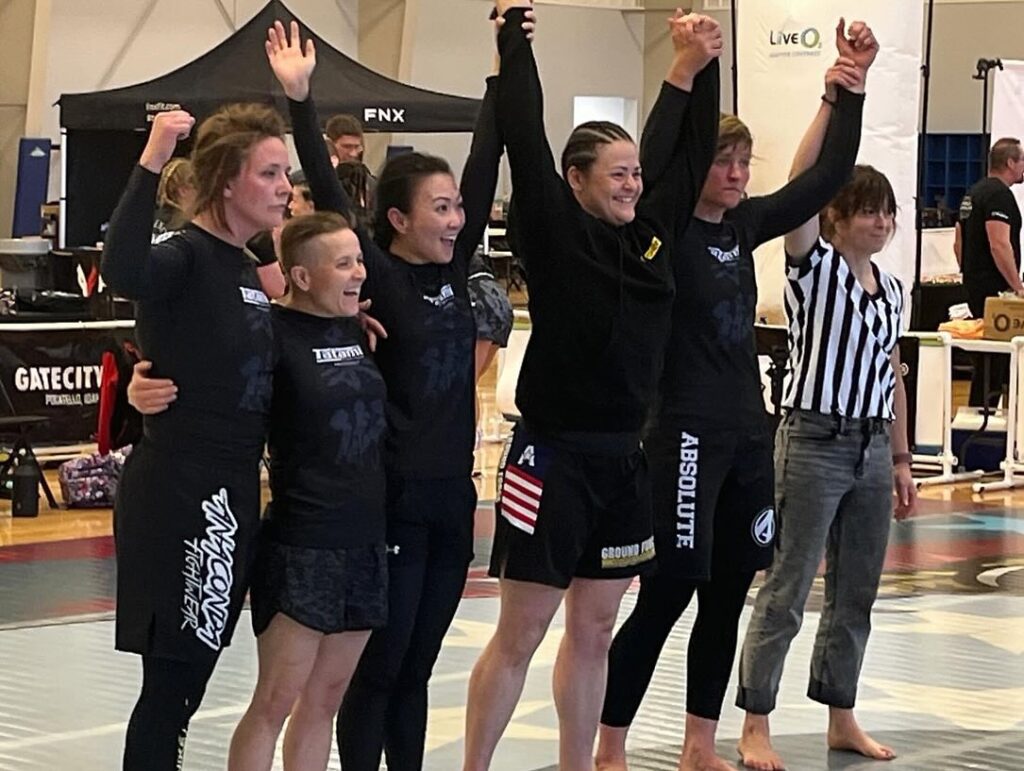
Before you register, talk with your coach. Ideally, have this conversation at least 4–6 weeks before the event. Your coach will help you assess your readiness, identify a suitable weight class or division, and begin shaping your game plan.
At Absolute MMA, our coaching team has cornered athletes at every level, from white belt tournaments to pro MMA fights. We’ll be honest with you about your strengths, help you sharpen your tools, and make sure you’re training with intention. We’ll also provide feedback on which competition formats (Gi, No-Gi, Muay Thai ruleset, etc.) are best suited to your current skill set.
Don’t assume you need to be “perfect” before signing up. What matters is that you’re consistent, coachable, and willing to put yourself out there.
Step 2: Dial In Your Training
Once you’ve committed to competing, your training needs to shift into gear. That doesn’t mean suddenly training twice a day every day—but it does mean showing up with focus and purpose.
Try to maintain a consistent schedule of 4–6 training sessions per week. You’ll want a healthy mix of technical drilling, situational sparring, and full-intensity rounds. Use this time to refine your strengths and begin patching up any holes in your game. For example, if you’re a striker competing in MMA, spend time defending takedowns. If you’re a guard player in BJJ, drill your sweeps and submissions under pressure.
It’s also important to simulate match conditions. If you’re competing in a 5-minute round format, build training rounds that mirror that pacing. Work on starting from both dominant and bad positions. Practice breaking grips or escaping the mount under time pressure.
Incorporate cross-training as well. This could mean hitting the weights, adding cardio circuits, or working on mobility. Just remember: you’re training for performance, not punishment. Overtraining can lead to injury or burnout before you even step onto the mat.
Step 3: Prioritize Recovery and Nutrition
You can’t perform at your best if you’re constantly running on empty. That’s why recovery is just as important as your training regimen.
Start by getting serious about your sleep. Aim for 7–9 hours each night to give your body the rest it needs to recover, rebuild, and perform. If you can, build in short naps or downtime on your heavier training days.
Your nutrition should support both your training output and your competition weight class. Focus on whole foods. This means eating lean proteins, complex carbs, healthy fats—and hydrate throughout the day. If you’re trying to make weight, start that process early. Crash dieting or dehydrating last-minute can seriously impact performance and even put your health at risk.
Supplements can be helpful, but they’re not essential. Stick with basics like protein powder, magnesium, or electrolytes—preferably after checking in with your coach or a nutritionist.
Step 4: Prepare Mentally
Your physical prep won’t mean much if your mind isn’t ready. Mental preparation is often the difference between freezing up and flowing with confidence on competition day.
Start with visualization. A few minutes each day spent imagining your ideal performance—your walkout, the feel of the mat, executing your technique—can help reduce anxiety and mentally wire you for success.
Breathwork and meditation are also powerful tools. Even just 5–10 minutes a day of deep breathing can calm your nervous system and improve focus. A quiet moment before training or bedtime can also make a difference.
Positive self-talk matters too. If you catch yourself thinking, “I’m not ready,” replace it with, “I’ve trained hard and I’m improving every day.” Remind yourself that nerves are completely normal. In fact, even world champions feel them. What matters is how you respond.
If possible, go watch a competition before your own. Getting familiar with the environment—the mat layout, the pacing, the energy—can help reduce the unknowns.
Step 5: Pack Like a Pro
Avoid last-minute panic by packing your competition bag the night before. Here’s a simple checklist to start with:
- Clean gi or rash guard/shorts (depending on the ruleset)
- Mouthguard
- Athletic tape
- Water bottle + light snacks (fruit, protein bar, electrolyte drink)
- Sandals (for walking around the venue)
- Change of clothes
- ID and any required federation or membership cards
- Registration confirmation
Double-check the ruleset so you’re not surprised by uniform or equipment regulations. You don’t want to get DQ’d for wearing the wrong equipment.
Step 6: Show Up and Stay Present
Competition day is finally here. Expect some nerves, but also expect excitement. That rush is part of the ride.
Plan to arrive early. Give yourself plenty of time to check in, warm up, and settle in mentally. Once you’re there, focus on what you can control: your breathing, your mindset, your warm-up. Trust that the work is done—you’re ready.
Listen to your coach. Their voice will help you stay calm, adjust during the match, and reset between rounds. Try to stay loose and adaptable. If something doesn’t go to plan, reset and keep fighting.
Most importantly, embrace the moment. Whether you win, lose, or draw, showing up to compete takes courage. Every experience teaches you something. Review your match afterwards, identify what worked and what didn’t, and bring that back to the gym.
Support your teammates, too. Cheering each other on builds community and keeps the energy positive—even when the nerves are high.
Win or Learn, You’re Growing Either Way
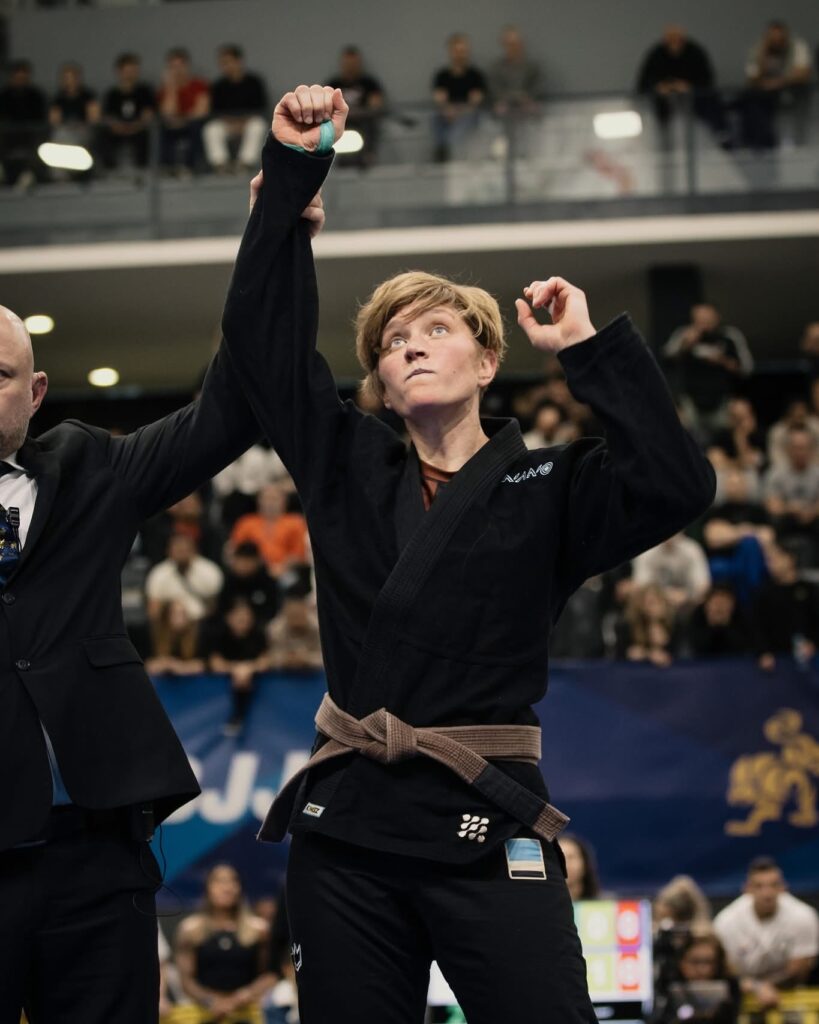
Competing for the first time isn’t about being perfect—it’s about pushing yourself. You’ll grow more in one match than in weeks of regular training. You’ll learn how you handle pressure, where your game shines, and what you want to improve.
At Absolute MMA, we believe competition is an opportunity—not an obligation. If you’re feeling the call, talk to your coach. We’ll help you get ready, walk with you through the process, and be in your corner when it’s time to go.
So lace up, show up, and remember: the hardest part is signing up. From there, everything else is growth.
If you’re completely new to Martial Arts and haven’t started your journey, sign up for your free trial here: https://absolutemma.com/free-trial/

